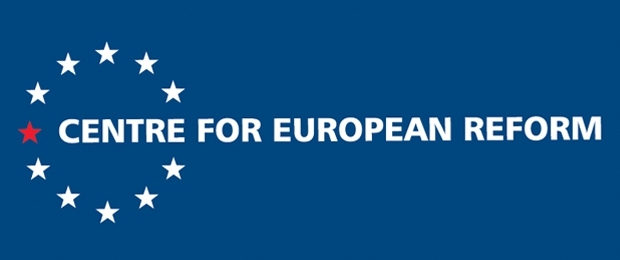
Why collaborate in Europe?
Defence analysts agree that Europe must increase its military prowess. Twenty-five EU governments collectively spend approximately £120bn on defence, which means that the EU is the world's second biggest defence spender after the US. That amount of money should be adequate to cover Europe's defence needs. But despite these hefty financial resources, Europeans do not have enough useful military equipment because they spend their defence money very poorly.
No single European country can afford to buy or develop the full range of new defence systems, which means that governments often have to combine their resources to acquire major new capabilities. For instance, Britain is involved in numerous European defence projects, like the A400M transport plane, the Meteor missile and the Eurofighter jet. But the record of multinational defence programmes in Europe is mixed: they have often been dogged by delays and cost increases. For example, the first deliveries of the Eurofighter jet arrived in 2003, ten years after the original target date and over-cost. It therefore follows that governments need to improve how they co-operate in purchasing and developing weapons systems.
The attraction of the American defence market for European defence companies is obvious, since the US defence budget is now a staggering £220bn ($400bn) per annum. In contrast, European defence budgets are static or falling. There is already a competitive transatlantic market for sub-components, and prime contractors like BAE Systems would like to see this extended to integrated products like aircraft. A more open transatlantic market would be ideal, even though there are currently many legal and political obstacles to a truly level playing field.
Industry is certainly moving in this direction, thanks to a number of transatlantic industrial partnerships. BAE Systems had US sales worth $4bn in 2001 from participating in US-led project teams. BAE Systems benefits greatly from Britain's position as the most trusted ally of the US. Moreover, many of the larger equipment projects bring together European and US companies. For example, this year NATO has decided to award a £2.7bn ground surveillance aircraft contract to a European-led consortium, in which the American company, Northrop Grumman, is one of the major partners.
However, it is far from clear whether the US and European governments are willing to allow transatlantic mergers. Part of the problem is uneven market access, and repeated calls by Europeans on the US to open its defence market are justified. While American companies account for roughly 50 per cent of European defence purchases, European firms account for a paltry three per cent of the US market. Until this market access situation changes, a truly open transatlantic market is not a realistic prospect. Thus, for British companies looking to lead a defence project, collaboration with other European companies is sometimes the only available option.
But if the Europeans continue to invest insufficient resources in defence equipment, Europe will not be able to sustain a competitive and indigenous defence industry in the long term. For example, Europe is already having difficulties sustaining its fighter-jet industry in the face of competition from more advanced American products like the Joint Strike Fighter. Three fighter jets are currently produced in Europe: the Eurofighter, which is a joint venture between Germany, Italy, Spain and the UK, the French Rafale and the Swedish-British Gripen. They are all effective aircraft, but their technologies are aging compared to the latest developments in the US.
This is why, at the Le Touquet summit in February 2003, Tony Blair and Jacques Chirac agreed to the creation of a new EU defence agency, tasked with encouraging the member states to boost their military capabilities. EU leaders backed the Franco-British capabilities agency at the Thessalonika summit in June 2003. The agency will become operational in 2004, and it will work on harmonising military requirements, co-ordinating defence research and development (R&D) and encouraging the convergence of national procurement procedures.
Finally, British industrial collaboration in Europe has political benefits. The initiative for developing a robust EU defence policy came partly from Tony Blair and it cannot succeed without wholehearted British involvement. When it comes to developing military capabilities, Britain plays a similar leading role in Europe as the old German deutschmark did in creating the euro currency. In other words, Britain is the deutschmark of European defence. Furthermore, a more effective EU defence policy that results in much-improved European military prowess might even convince the Pentagon to use NATO for military interventions and not just peacekeeping. All this requires Britain to collaborate in Europe.
